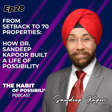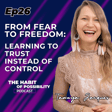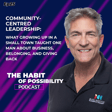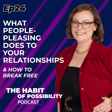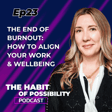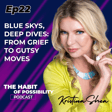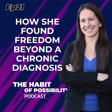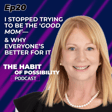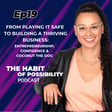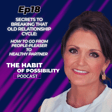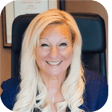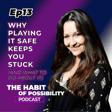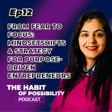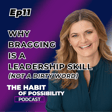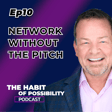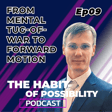
Courage In Real Time
After his son Jesse was diagnosed with Duchenne muscular dystrophy, John Davidson walked straight into purpose, quite literally, pushing Jesse across Ontario and later walking across Canada to raise millions for research.
John Davidson is the founder of Defeat Duchenne Canada and the visionary behind Jesse’s Journey. He shares how he started a movement that continues to inspire others and change lives.
Discover how:
- How John transformed his son’s diagnosis into a national fundraising movement
- How ordinary people doing meaningful things can have extraordinary impact
- The importance of community in moments of challenge
- How media shapes our mindset—and how to take your power back
- What it really means to lead with purpose, even when the outcome is uncertain
Whether you're facing your own challenge or searching for meaningful ways to create change, this episode offers practical wisdom for living life with a focus on purpose and contribution.
On Tuesday, June 10, 2025, cheer on John as he laces up his shoes once more to honour Jesse and mark the 30th anniversary of their historic journey. John will walk 30 kilometres – a powerful tribute to the distance he walked each day with Jesse. To join the walk and donate to Defeat Duchenne, go to jessesjourney.ca.
Learn more about Defeat Duchenne Canada or donate at jessesjourney.com
Join us for a free Stress Management workshop, available both in person at our training facility in Burlington, Ontario Canada, and online via Zoom. Find out more and register here: https://www.hypnosistrainingcanada.com/stress-management-workshop
Learn more about how Robbie Spier Miller’s coaching, training, consulting and speaking opportunities can help you enhance your personal and business performance here:
https://www.hypnosistrainingcanada.com
https://www.mindlinkconsulting.com
Social Media Handles:
@hypnosistrainingcanada
@robbiespiermiller

